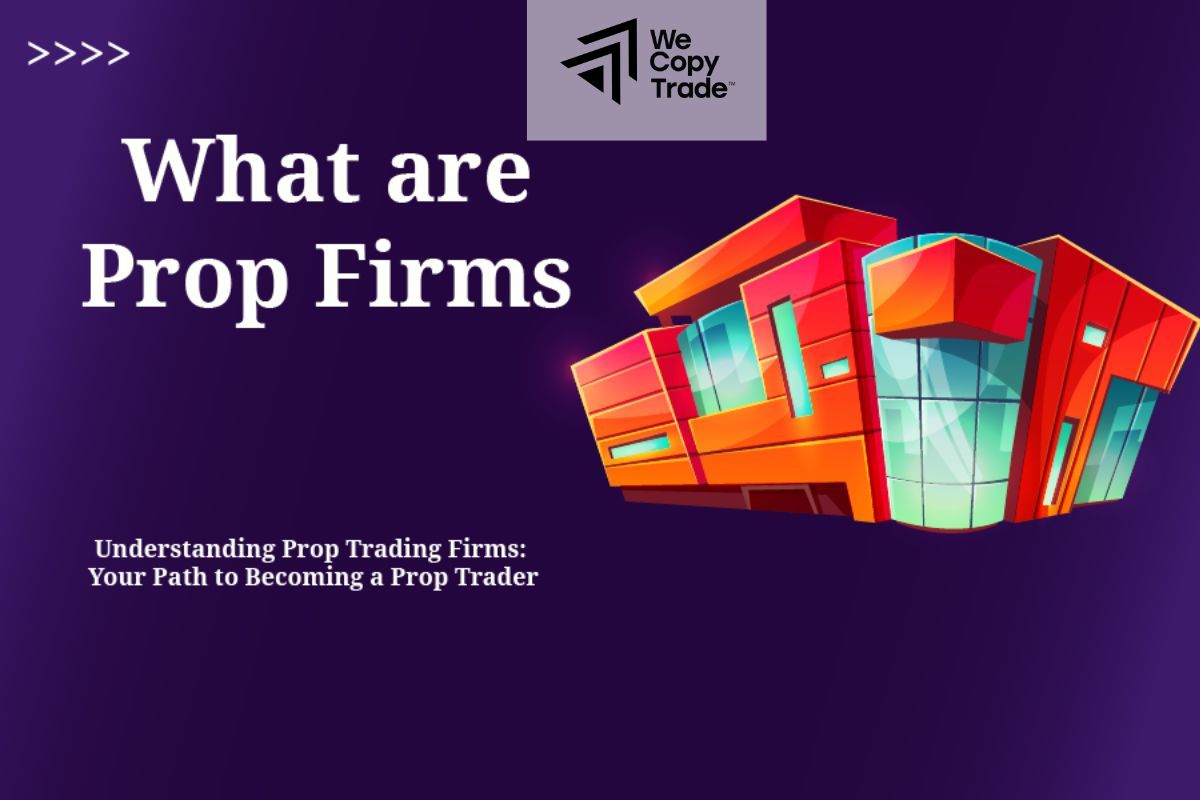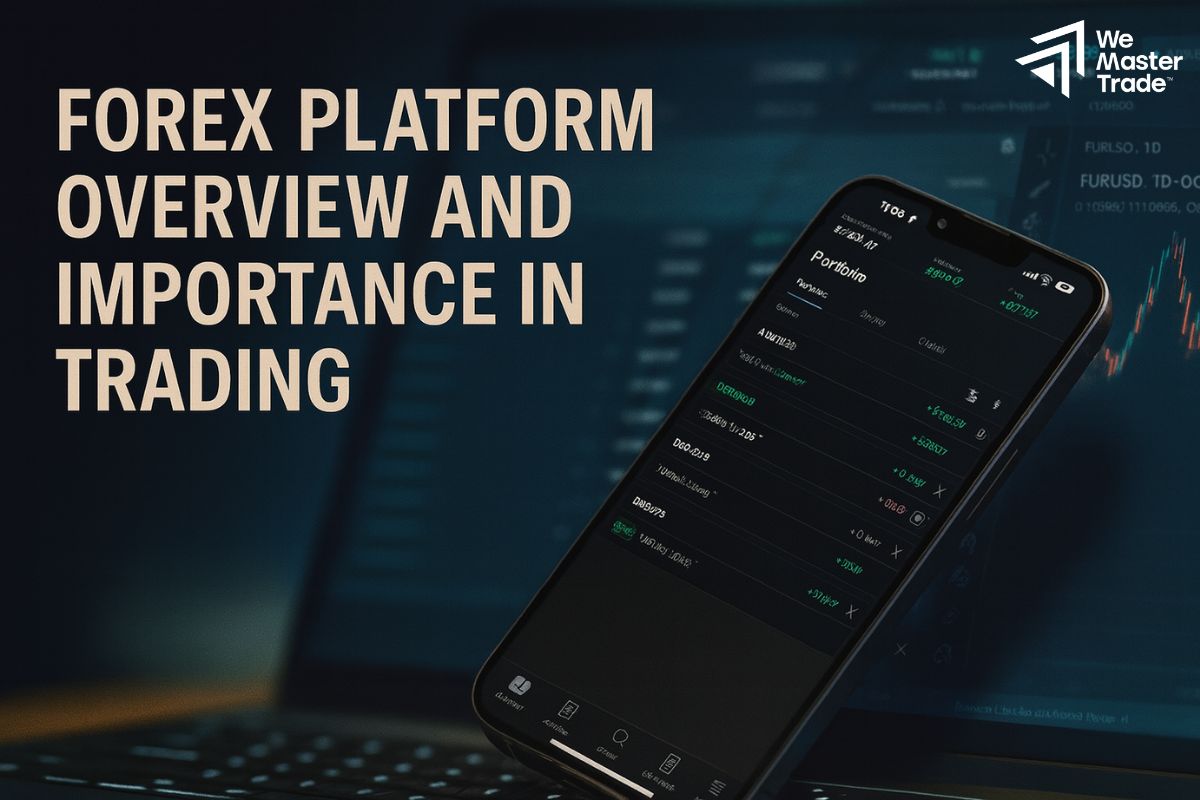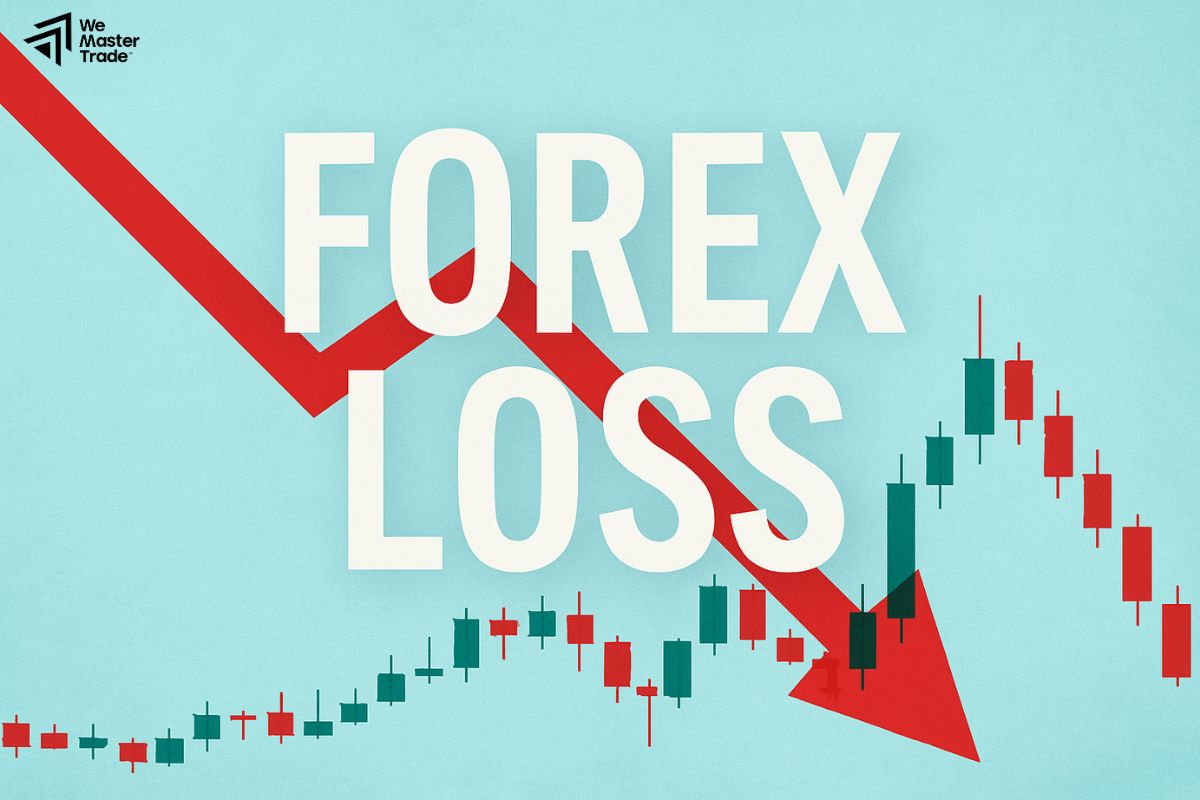Are prop firms legit? This is a common question among traders considering whether to join a proprietary trading firm. To determine if a prop firm is trustworthy, investigate their regulatory status, review feedback from other traders, and examine their terms of service.
What Are Prop Firms?
Prop firms, or prop trading firms, are companies that trade financial instruments, such as stocks, currencies, or commodities, using their capital rather than client funds. These firms typically recruit traders to trade on their behalf, providing them with access to capital, trading platforms, and sometimes training and support. In return, traders often share a percentage of their profits with the firm.

Here’s a breakdown of how prop firms generally operate:
- Capital Provision: Prop firms provide traders with capital to trade, allowing them to take on larger positions and potentially earn higher returns without risking their own money.
- Revenue Sharing: Traders usually receive a portion of the profits they generate, with the firm retaining a percentage. The exact split can vary based on the firm’s policies and the trader’s performance.
- Risk Management: Prop firms often implement risk management rules to protect their capital and ensure that traders adhere to trading guidelines.
See now:
- How to apply for a real estate prop firm certificate extremely reputable
- How Do Prop Firms Make Money? An In-Depth Look at Revenue
How Prop Firms Operate
Prop Firms operate as follows:
- The firm provides capital to traders for executing trades. Profits from successful trades belong to the firm.
- Next, the firm implements strict risk management rules, including setting maximum loss limits per trade or per day.
- Then, the firm recruits traders based on their skills and experience and may offer training programs to enhance trading skills and risk management.
- Traders use various trading strategies such as high-frequency trading and advanced tools provided by the firm.
- Finally, traders keep a portion of the profits they generate, while the firm retains the rest. Some firms may also require traders to pay fees or be responsible for part of the losses.”
Are Prop Firms Legit?

Yes, prop trading firms are legitimate and offer significant opportunities for traders. They provide access to capital and resources, often operating within a legal framework and adhering to financial regulations to ensure transparency and accountability.
However, it’s essential for traders to carefully evaluate a prop firm before joining. Check the firm’s regulatory compliance, support systems, and profit-sharing models to ensure they align with your expectations and needs.
Are Prop Firms Regulated?
Prop firms can be regulated, but the level of regulation varies depending on the jurisdiction and the firm’s operating practices. Here’s a general overview:
Regulation of Prop Firms
- Financial Authority Regulation: In many countries, prop firms are subject to financial regulations enforced by local financial authorities. These regulations ensure that firms adhere to standards for transparency, fair practices, and financial stability.
- Jurisdiction-Specific Rules:Regulation can differ based on where the firm is based. For example, firms operating in the U.S. might be regulated by the Securities and Exchange Commission (SEC) or the Commodity Futures Trading Commission (CFTC), while firms in Europe might fall under the European Securities and Markets Authority (ESMA).
- Compliance Requirements:Regulated prop firms must comply with rules related to risk management, capital requirements, and reporting. They often have to undergo regular audits and provide detailed financial disclosures.
- Voluntary Certifications:Some prop firms seek additional certifications from industry organizations or independent bodies to enhance their credibility and demonstrate adherence to best practices.
Important Considerations

- Verify Regulation: Before engaging with a prop firm, check its regulatory status with relevant financial authorities or regulatory bodies in its operating jurisdiction.
- Transparency: Ensure the firm provides clear information about its regulatory compliance and practices. A lack of transparency can be a red flag.
- Due Diligence: Conduct thorough research on the firm’s reputation and history. Reviews, industry reports, and regulatory records can provide valuable insights.
Best Prop Trading Firms
Here’s an overview of some of the best prop trading firms along with their key account details:
FTMO
FTMO is a leading proprietary trading firm offering traders capital to trade with and share in the profits.
- FTMO Challenge Account: Initial evaluation phase with varying account sizes (e.g., $10,000, $25,000, $50,000).
- Initial Funding: Based on passing the FTMO Challenge; starting capital ranges from $10,000 to $200,000.
- Profit Split: Traders keep up to 90% of the profits.
- Leverage: Up to 1:100.
- Challenge Fee: Initial challenge fee ranging from $155 to $1,200 depending on account size.
- Additional Costs: No hidden fees; transparent fee structure.
- Maximum Drawdown: 10% for the challenge phase and 5% for live accounts.
TopStepTrader

TopStepTrader provides traders with capital based on their performance in a simulated environment.
- Funded Account: Upon passing evaluation, traders receive a live trading account.
- Initial Funding: Funded accounts range from $50,000 to $150,000.
- Profit Split: Traders receive 80% of the profits.
- Leverage: Up to 1:100.
- Evaluation Fee: Ranges from $150 to $375 depending on the account size.
- Maximum Drawdown: 4% for evaluation accounts and 2% for funded accounts.
The5ers
The5ers offers various trading programs with the aim to fund traders based on their performance.
- Elite Accounts: Higher capital and additional benefits for top-performing traders.
- Initial Funding: Accounts start from $200,000 with scaling options.
- Profit Split: Traders keep 50% to 60% of the profits.
- Leverage: Up to 1:100.
- Entry Fee: Ranges from $250 to $1,000 depending on the account size.
- Maximum Drawdown: 5% for all accounts.
Maverick Trading
Maverick Trading offers capital and training to traders who demonstrate their skills in simulated trading environments.
- Advanced Accounts: For traders progressing through their Evaluation Program.
- Initial Funding: Typically starts at $25,000 and can scale up.
- Profit Split: Traders receive 50% of the profits.
- Leverage: Up to 1:200.
- Entry Fee: Varies; typically includes a fee for initial training and evaluation.
- Maximum Drawdown: Generally set around 5% to 7%.
FAQs: Are Prop Firms Legit?

- Can I Make a Profit with Prop Firms?
Yes, many traders make a good profit trading with prop firms, especially if they are skilled and disciplined. However, the potential for profit depends on the firm’s terms, your trading strategy, and market conditions.
- What Should I Do If I Suspect a Prop Firm Is Not Legitimate?
If you suspect a prop firm is not legitimate, do not deposit any money with them. Conduct further research, consult with other traders, and consider reporting the firm to relevant authorities or financial watchdogs. If you’ve already engaged with the firm, document all interactions and consider seeking legal advice.
- Why Aren’t All Prop Firms Regulated?
Some prop firms operate in jurisdictions where regulation is not required, or they choose to operate in a niche where regulation isn’t mandatory. While this doesn’t necessarily mean a firm is illegitimate, it does increase the importance of doing thorough research before engaging with such firms.
Conclusion
In conclusion, when asking the question Are prop firms legit?, it’s important to understand that while many prop firms operate with integrity and provide valuable opportunities for traders, not all are created equal. Therefore, by choosing reputable, regulated firms, traders can mitigate risks and focus on maximizing their trading potential in a safe and supportive environment.











